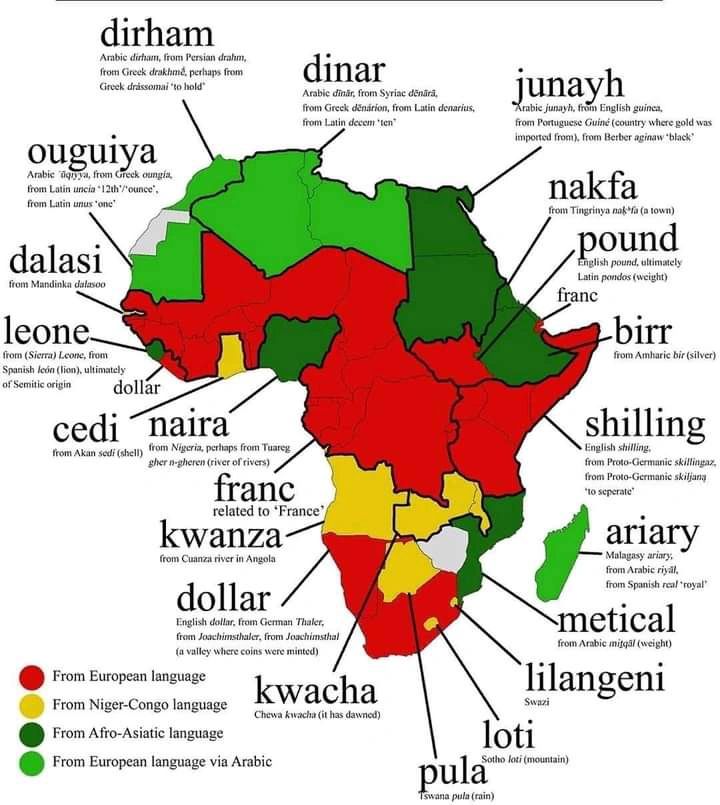Zambian Kwacha Faces Economic Headwinds
In a recent economic analysis, Mr. Kelvin Chisanga, a prominent economist, shed light on the challenges affecting Zambia’s domestic currency, the Kwacha.
According to him, the Kwacha’s performance is influenced by a myriad of complex factors, including external pressures from the bullish US Dollar.
A significant concern highlighted by Mr. Chisanga is the imbalance between low export levels and high demand, particularly due to extensive import processes, with a focus on the current substantial importation of petroleum.
This imbalance has put added pressure on the Kwacha, affecting its overall economic performance.
The mining sector, a crucial component of Zambia’s economy, has also played a pivotal role in the Kwacha’s struggles.
Mr. Chisanga pointed out that a 20% reduction in copper output during the last financial year has led to widespread repercussions across various sectors.
Moreover, the ongoing debt restructuring process has created fatigue conditions within the banking and financial markets, contributing to the currency’s challenges.
The supply side of the US Dollar in the local market is structurally weak, and interventions by the Central Bank (BOZ) are reportedly insufficient to counteract the depreciating effects in the current forex landscape.
Mr. Chisanga expressed optimism that the export trading system might provide relief to the Kwacha’s performance in the medium term.
He emphasized the importance of addressing legal aspects concerning mines like KCM and MCM, stating that resolving these issues could stabilize the economy once full-scale operations resume.
The economic analyst called for attention to the intricate web of factors affecting the Kwacha, urging a comprehensive strategy to address the challenges faced by Zambia’s domestic currency.
As the nation navigates these economic complexities, stakeholders are hopeful that strategic measures and a concerted effort will pave the way for a more stable economic future.



